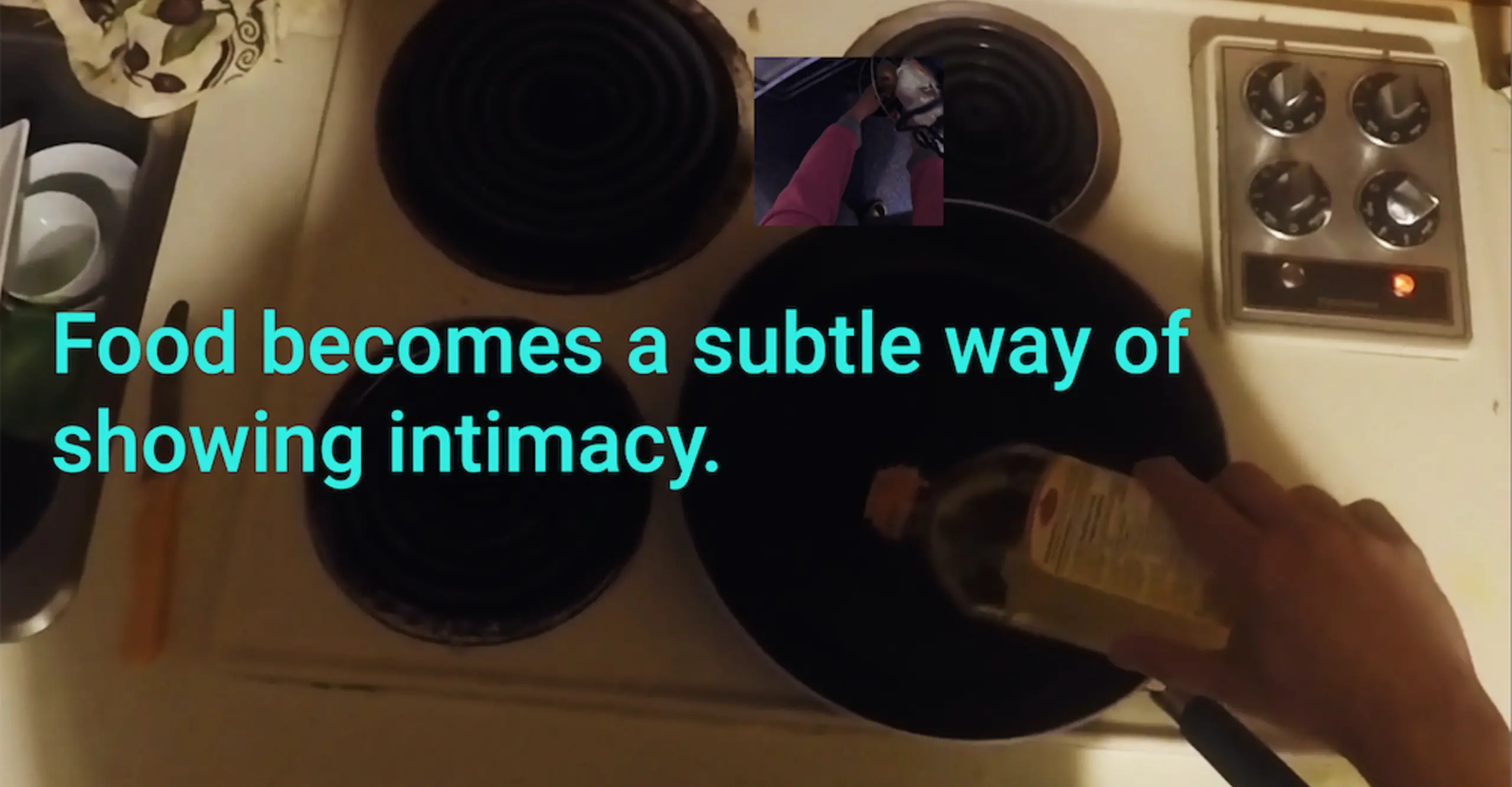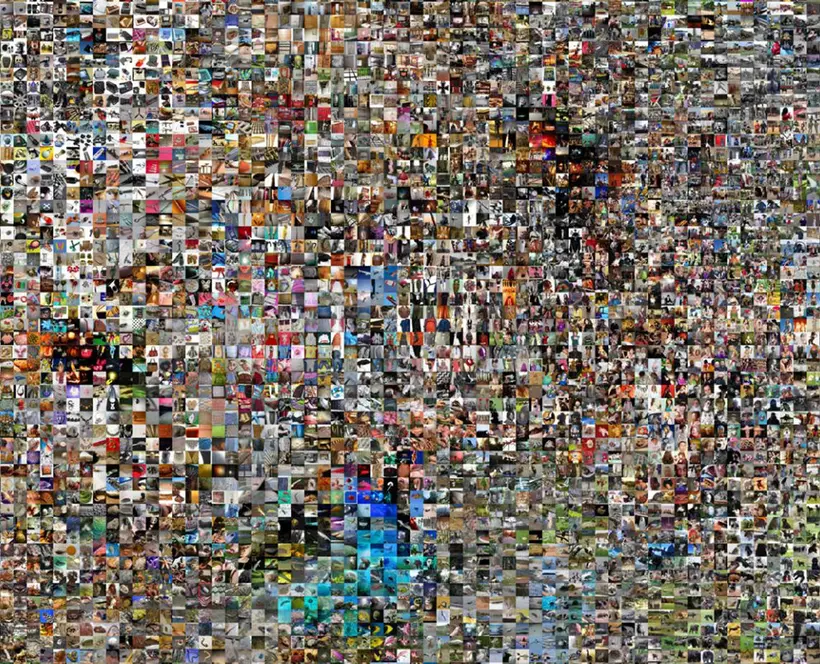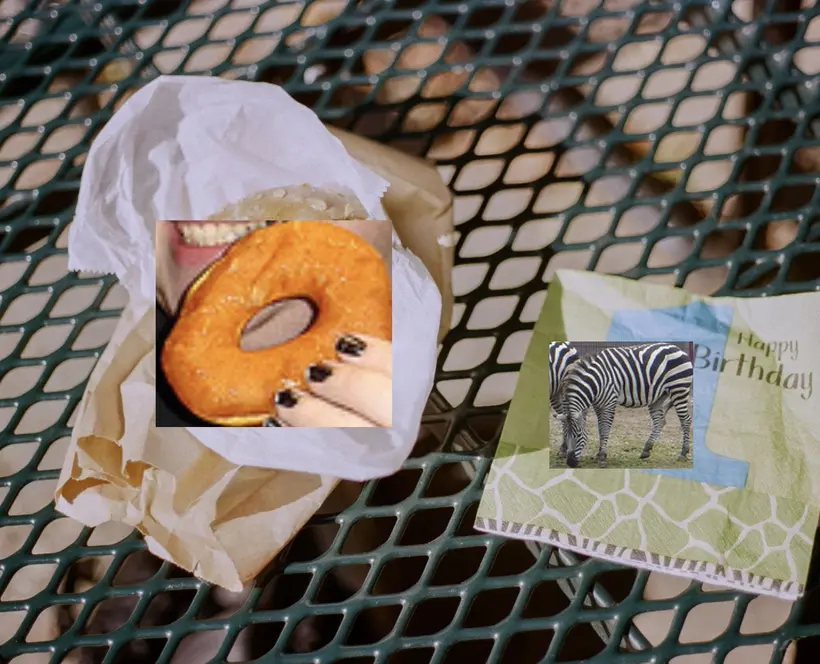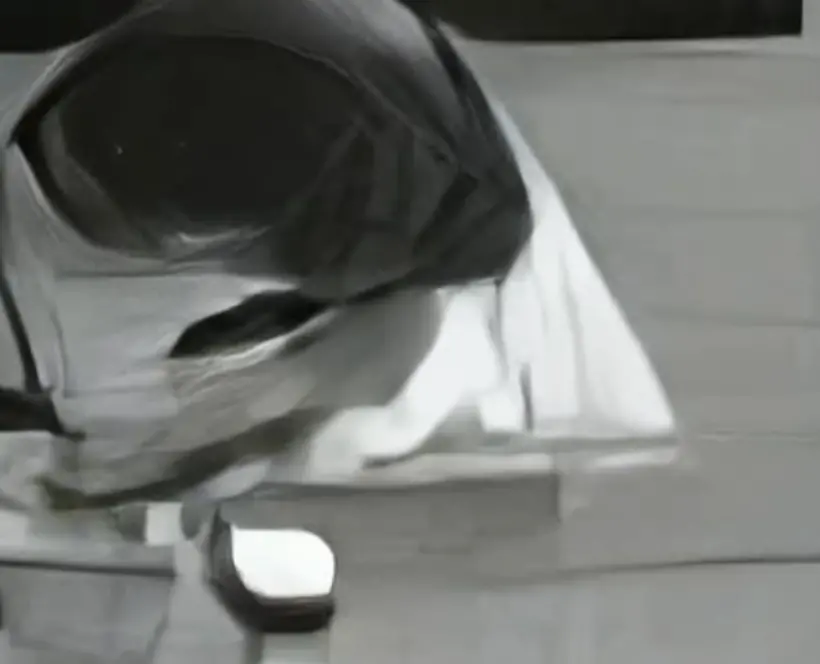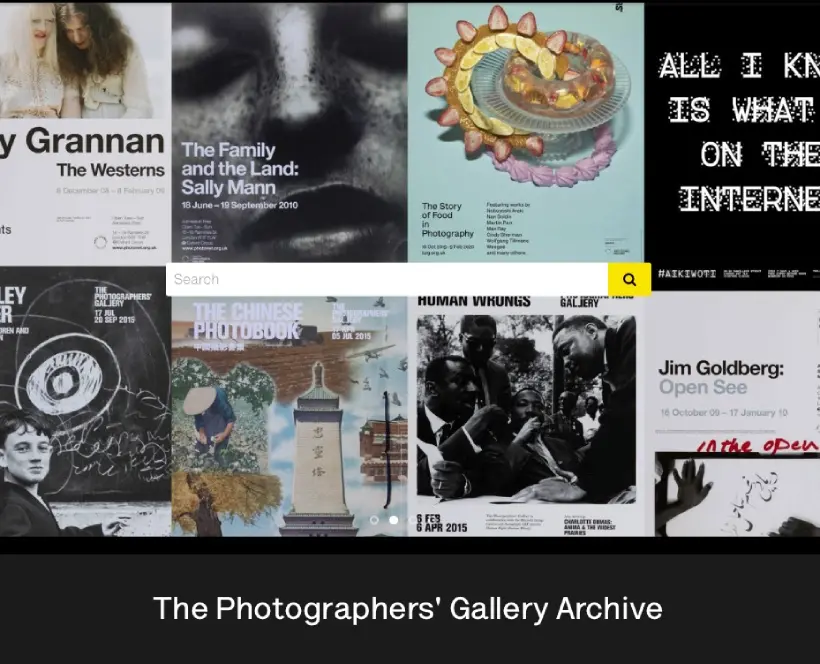Epic Kitchens (2018) is a dataset of videos collected by a group of researchers to create non-scripted recordings of all daily activities in kitchens. It is the largest known dataset produced using first-person vision. Each recorded action is assigned a verb like “wash”, “peel”, “toast”, or “rub” to describe and categorise the event.
What might appear as an everyday action in the original dataset, becomes charged with contemporary tales of aggression, disparity, and joy in professional and personal kitchens worldwide in burrough’s and Starnaman’s work. The selections from women’s fiction placed in conversation with contemporary news stories expands the subject into a centuries-long story of power dynamics and women’s experience in the kitchen.
A Kitchen of One’s Own reveals the arbitrary nature of information preservation and highlights the constructed nature of digitised materials. Blurring the lines between art and archive, or information and dataset, this project furthers discourse about the digital dataset as an authority of knowledge curation.
A Kitchen of One’s Own is commissioned for Data / Set / Match, a programme that seeks new ways to present, visualise and interrogate contemporary image datasets. Alongside the Media Wall, all parts of the work including its bibliography (The Kitchen Bib), complete video set, and set of code files (.sh, .js, .html, .css, .py) has been published with a Creative Commons (cc-by-nc) license on Github. The dataset of videos are based on the training from Epic Kitchens intelligence, transformed in size and duration, and re-exported. An online commission Epic Hand Washing in the Time of Lost Narratives, is available to view here.
Technical Direction by Dale MacDonald
Research Assistance by Alyssa Yates
Biographies
xtine burrough is a new media artist. She regularly participates in international festivals of digital art and has authored or edited several books including Foundations of Digital Art and Design (2013, 2nd Edition 2019), Net Works: Case Studies in Web Art and Design (2011), and The Routledge Companion to Remix Studies (2015). She is Professor in The School of Arts, Technology, and Emerging Communication at UT Dallas.
Sabrina Starnaman is Associate Professor of Instruction in Literary Studies. Her research focuses on Progressive Era (1880-1930) American texts about social settlements and women’s activism, urbanism, and disability. Dr. Starnaman’s research explores how nineteenth-century activists remediated exploitative labor practices, racism, and poverty. She is interested in finding ways that their historical solutions, often implemented locally, can be brought to bear on similar problems in the twenty-first century.
Epic Kitchens (2018) is a dataset of videos collected by a group of researchers to create non-scripted recordings of all daily activities in kitchens. It is the largest known dataset produced using first-person vision. Each recorded action is assigned a verb like wash, peel, toast or rub to describe and categorise the event. A set of videos used for training machine learning were also tagged with nouns to accompany the verbs. In this browser-based poetry project, 74 videos from the Epic Kitchens 2018 database tagged with the noun “hand” and the verb “wash” play for 30 seconds, while a quote is juxtaposed at random. If a viewer holds their cursor over the text, they will see the title of the book, play, or essay to which it is attributed. Clicking on the text advances the narrative to a new video and quote.
